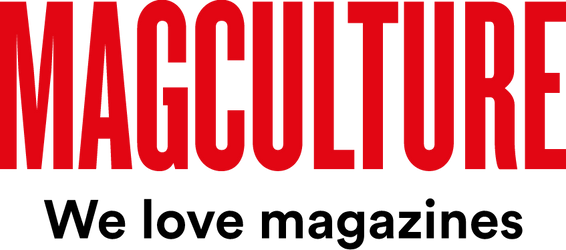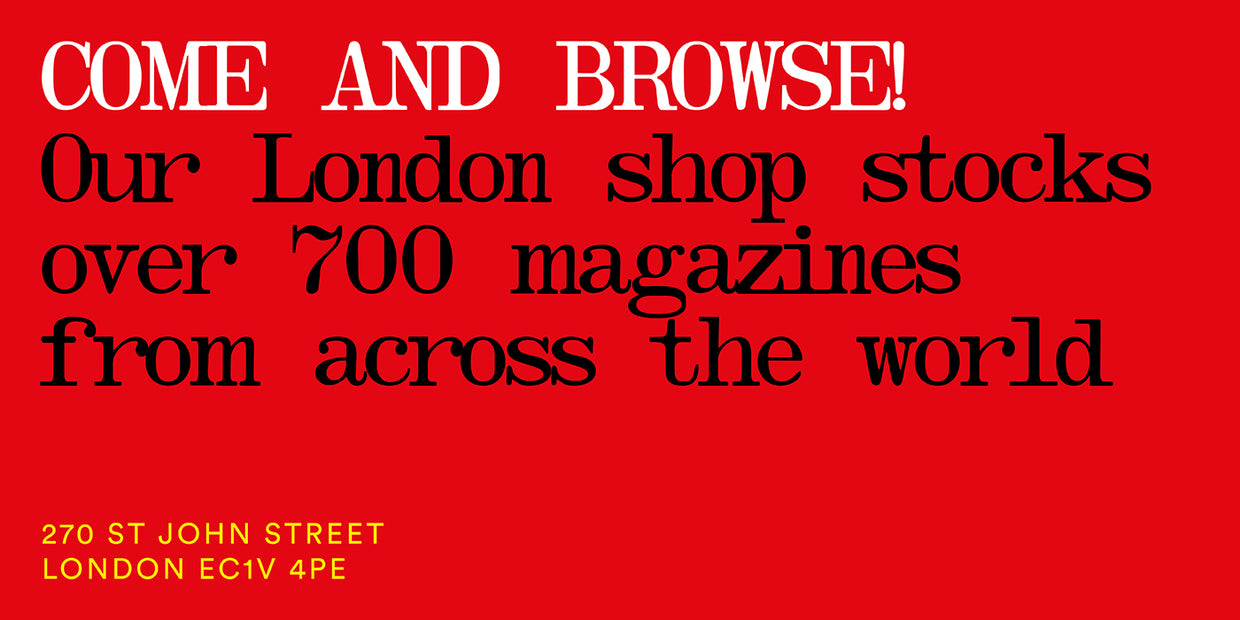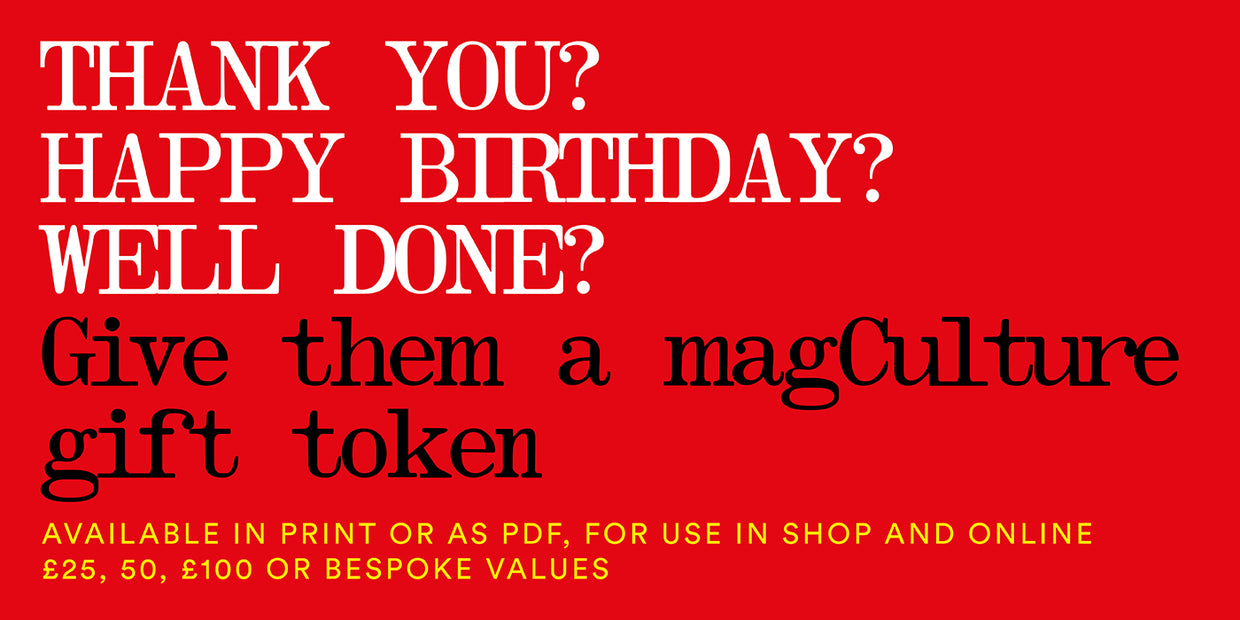
Math #9
For the sixth edition of It’s This One Thing Danielle gets up close and personal with Math magazine…
At school, maths—or math, to be transatlantic about it—was my least favourite subject. The way it was taught just didn’t click for me. Because I had decent grades in other subjects, I was expected to excel in Numberland too. But without the guidance I needed, I lost confidence and instead mentally filed the subject under ‘Not good at’. Thing is, it just wasn’t being presented in a way that made it accessible or engaging and, well, it left me wanting (and really bad at ratios).
Another school subject which suffered a similar but more damaging fate? Sex education or ‘PSHE’ (Personal, Social and Health Education) as I seem to remember it being rebranded in the early 00s. Sex education in the UK (if we received any at all) has always been generally accepted as utterly terrible. Cringingly-delivered at best, incredibly harmful at worst. Add in Thatcher’s homophobic Section 28* legislation and you’ve a recipe for sexuality-shaped disaster. 
But what’s all of this got to do with a magazine called Math? Glad you asked. Created by editor-in-chief MacKenzie Peck, New York-born Math might not help with your Pythagorus theorem, but it does aim to help any sex that you’re having be radically inclusive, positive and accessible. Within its pages, you’ll find fully-consensual ‘explicit artwork and writing for an increasingly connected and sexually liberated world.’ And the name? A little joke, a ‘misdirect’ if you will (telling of society’s still-lingering need to censor even positive depictions of sex and the body, even in adult-only spaces).

With the publication of their ninth issue, Math celebrates five years in print. As Peck writes inside this slick anniversary edition, ‘Math began in September 2015 with 50 copies of issue zero—just in case it sucked and I needed to pretend it never happened.’ Thankfully, it definitely doesn’t suck and it’s absolutely still happening.

Physically, the magazine is bookish—it’s weighty (coming in at just under one kilogram) and perfect bound. Its cover this time around is a glorious shade of (dare I say it) Millennial Pink with a holographic foil logo. From the outside, there’s nothing to hint at the oh-so explicit content to be found inside, something which has, alongside its aforementioned ‘innocuous’ title, helped it reach audiences far and wide without immediately being labelled porn.

It opens (following a short visual series) with a blank page except for three small words printed in black ink: ‘Permission. Validation. Encouragement’, the sentiment of which echoes throughout the 200-odd glossy pages that follow. Features range in title from ‘Every body is welcome, every one is coming’ to the poem ‘Ode to unsavoury lesbians’, ‘101 uses for sex or why sex is so important’ to ‘Queer smut’ and an in-depth, academic-esque interview titled ‘Sex and media literacy’—just to give a little flavour.

One of my favourites is Sex+ Future, a visual feature displaying anonymous, hand-written notes from attendees to recent a ‘Mathlete’ event and workshop. One, prompted by the question ‘How would you describe orgasming?’ reads sweetly: ‘A long, needed stretch after flying economy for four hours’. Something about the response, written in neat, pink felt tip, is kind of perfect.

Thumbing through the issue, there are bodies of all shapes, sizes, genders, colours and abilities. The editorial is richly varied; there are interviews, illustrations, reader-submitted content, silly stuff, serious stuff, poetry, erotic fiction. The lot. To my delight, queer bodies abound. Imagine if school sex education used (less explicit, yes) but similarly inclusive imagery? How might that have changed the ways in which we saw ourselves, our bodies and each other as we grew up? Not least those of us who aren’t cis, white, heterosexual or able-bodied. Even now, as an adult, such sexually liberated, inclusive content has the ability to evoke a powerful response.

It’s for these reasons that the existence of a magazine like Math is so significant: ‘Touch is our natural lifeline, our first language, and our medicine,’ Peck writes in their editor’s letter. ‘Touch helps us feel more compassionate, reduces stress, helps fight infection, and lowers blood pressure. Orgasms are great for your health. Sex is a multiplier and can be a multiplier of personal growth. Pleasure is a radical act. Sexual pleasure is freedom.’

Especially following the last two years, the importance of physical connection, touch and (pun intended) coming together has been heightened to an even greater degree. Many of us have been cruelly reminded of the importance of it, whether platonic or sexual, while travel between countries or even households was forbidden. Thankfully, for those who seek it, Math is here to guide its readers as they take further steps back into the world of closeness, physical contact and skin.
I might be awful at ratios, but thanks to my latest Math class, I now know how to make a sex toy out of a Pringles tube so, who’s laughing now?
Editor-in-chief: MacKenzie Peck
Editors: Dan Allegrucci and Fetish Fellow
Interns: Ella Murray, Taylor Pelton, Lisa Marie Zapata
mathmagazine.com
@wordsbydanielle
* Section 28 of the Local Government Act 1988 had banned local authorities and schools from ‘promoting homosexuality’. It was in effect from 1988-2003 (2000 in Scotland)


